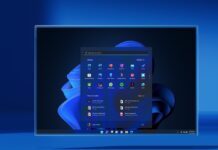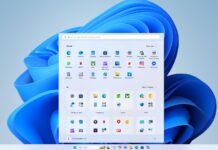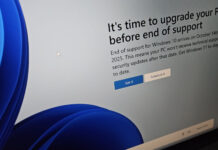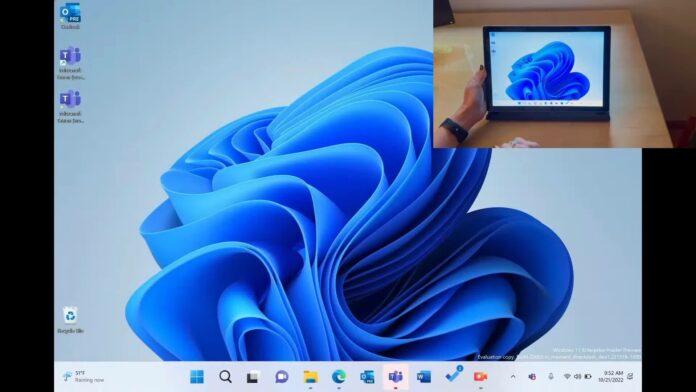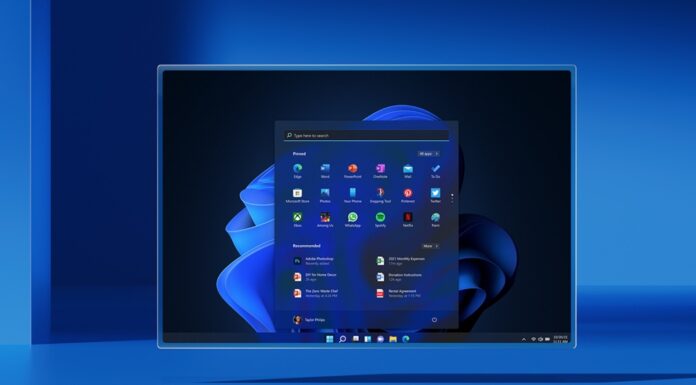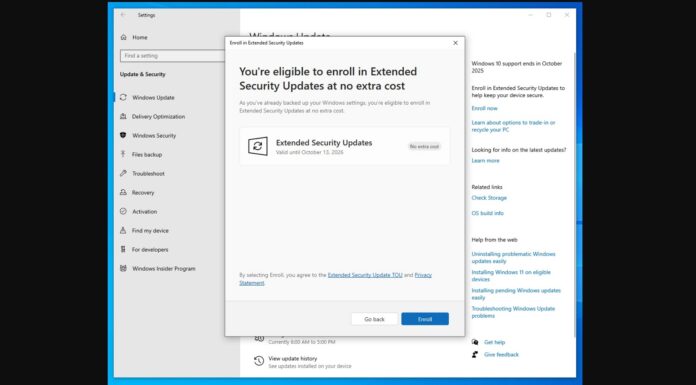Windows 11 KB5022303 is now available for download on PCs running version 22H2 and it comes with a small set of bug fixes. That’s because Microsoft had paused optional updates due to the holiday season in the west. In addition to Windows Update, Microsoft has also published direct download links for Windows 11 KB5022303 offline installers.
KB5022303 is mostly a security update, and it does not include new features or major noticeable changes. However, it is worth noting that all Patch Tuesday updates include changes from the previous preview and optional updates. If you skipped last month’s updates, you’ll be getting those fixes today.
Microsoft also confirmed that January 2023 update fixes an issue that causes Blue Screen of Death error with 0xc000021a. This issue broke some devices and users reported that they couldn’t even boot to the desktop.
If you check for updates, you’ll see the following update on the screen:
2023-01 Cumulative Update for Windows 10 Version 22H2 for x64-based Systems (KB5022303)
Download Links for Windows 11 KB5022303
Windows 11 KB5022303 Direct Download Links: 64-bit.
Windows 11 KB5022303 (Build 22622.1105) important changelog
In a post to the Feedback Hub, one of the affected users documented the problem with Windows 11.
As per the post, Windows 11 updates were installed successfully, but after the first reboot, a Blue Screen of Death error appeared. A second reboot invited another BSOD, and automatic repair did not fix the problem.
“DISM revert pending actions didn’t work. Eventually, we were able to boot by disabling driver signature enforcement from the Recovery Environment boot options. Booted to the desktop and got a message that system restore completed successfully (also got a message that EarTrumpet couldn’t start). Every time I restart my machine, the BSOD reoccurs,” one of the users noted.
Thankfully, Microsoft has finally fixed BSODs with Windows 11 latest update.
Windows 11 Build 22621.1105 or 22622.1105 has also fixed an issue that affects a feature called “Local Session Manager (LSM)”. A bug in the OS allowed users who do not have admin rights to perform actions that require special privileges available to the administrators only.
Another bug has been fixed where apps couldn’t connect to databases if they use Microsoft Open Database Connectivity (ODBC) SQL Server Driver (sqlsrv32.dll). As per the company, bug resulted in connection errors. Some users also received error messages within the application.
If you skipped December’s patch, you’ll be getting several additional improvements, including “storage alerts” OneDrive on the Systems page in the Settings app. Alerts appear only when OneDrive is close to the storage limit and links are highlighted below the alert to help you manage your storage and purchase additional storage.
You can also view the total storage on the Accounts page in the Settings app. Likewise, Microsoft fixed an issue that causes performance problems with File Explorer, including a bug where the file manager stops responding to the user.
Known issues in Build 22622.1105 for Windows 11
Microsoft is aware of at least two known issues in the update. One of the bugs affect provisioning packages on Windows 11. As per the release notes, provisioning packages might not work as expected, but it’s not something typically used by home users, so this issue is not a major problem.
Provisioning packages are .PPKG files which are typically used in schools or corporates, and it’s broken in the latest update. Microsoft says out of the box experience might not finish and Windows will be partially configured if you use Provisioning packages to perform Windows installations.
Microsoft officials added that “devices used by consumers in their home or small offices” are not affected in most cases.
The second bug causes large file transfers to take longer than expected. This can happen when the user is attempting to copy large multiple gigabyte (GB) files and it’s more noticeable when you try to copy files from a network share via Server Message Block (SMB). However, local file copy is also affected.
There’s a workaround for this problem, but it requires advanced steps that many users won’t be familiar with. To fix the issue, Microsoft recommends using copy tools that do not have cache manager.
Microsoft is working on a fix for both issues and an update will be provided soon.

